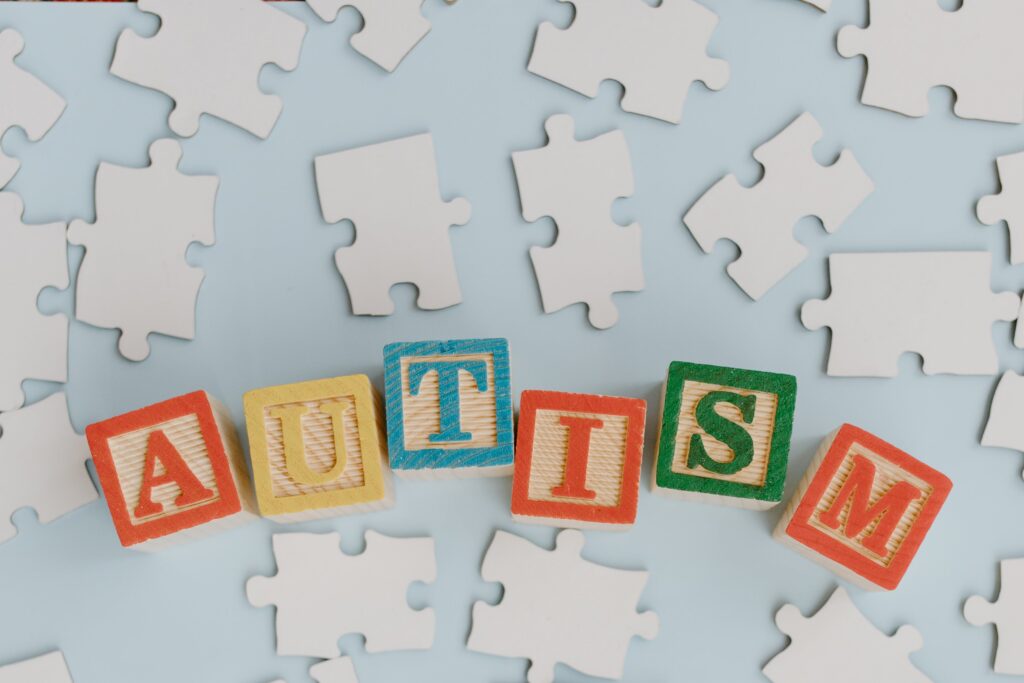Introduction: Embarking on the parenting journey is an adventure filled with discovery. At First Step Autism Center, we recognize the importance of early detection and understanding the signs of autism. In this blog, Early Signs Symptoms of Autism, we explore the subtle indicators that may suggest the presence of autism in young children, offering insights to empower parents and caregivers.

Subtle Social Cues: One of the early signs may involve social interactions. Notice how your child engages with others. Challenges in making eye contact, responding to their name, or exhibiting limited interest in social games could be subtle cues worth observing.
Communication Milestones: Keep an eye on communication milestones. Delays in speech development or difficulties in expressing needs may raise flags. Pay attention to how your child uses gestures, responds to verbal cues, and engages in simple conversations.
Repetitive Behaviors: Autistic children often display repetitive behaviors. These can range from specific hand movements and body rocking to an intense focus on specific objects or topics. Recognizing and understanding these repetitive patterns is crucial.
Sensory Sensitivities: Sensory sensitivities may manifest early on. Pay attention to your child’s reactions to certain sounds, lights, or textures. Overreactions or aversions to sensory stimuli can be indicative of sensory processing challenges associated with autism.
Difficulty with Transitions: Watch for how your child handles transitions. Difficulty adapting to changes in routine, resistance to transitions between activities, or an intense need for sameness might be early signs to consider.
Lack of Pretend Play: Imaginative or pretend play is a significant developmental milestone. Limited engagement in pretend play scenarios or challenges in understanding symbolic play may be noteworthy indicators.
Early Intervention is Key: Recognizing these early signs is a crucial first step. Early intervention has proven to be highly effective in supporting children with autism. If you observe these signs or have concerns, seeking professional evaluation and guidance is encouraged.
Conclusion: In navigating the early signs of autism, remember that every child is unique. First Step Autism Center is here to support you in understanding and addressing these signs, providing resources, and fostering a supportive community for both parents and students.
